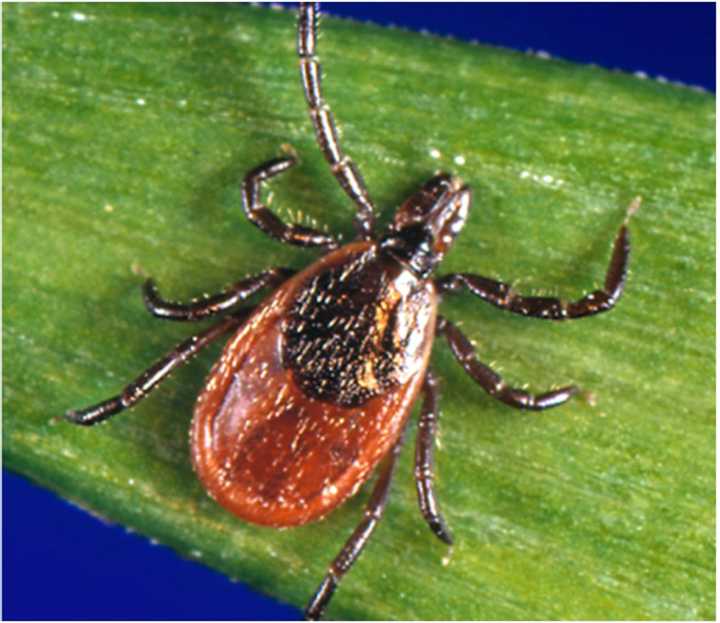This is the first known case of an individual diagnosed with the Powassan virus in New York State this year, the department said.
The resident, who lives in Gardiner, had additional underlying health conditions and died earlier this week, said the Ulster County Department of Health.
Powassan, known as "POW," is named after Ontario, Canada town where it was identified in a young boy who eventually died from the virus.
POW is transmitted by the bite of an infected deer tick. Because it's a viral disease, it cannot be treated with antibiotics, health officials said.
The risk of getting Powassan is exceedingly low, the health department said.
Tens of thousands of people get tick bites every year, and typically, in New York State, anywhere from only 0-6 cases of Powassan infection are diagnosed each year.
“It is imperative that all residents take every precaution necessary against tick-borne illnesses, especially during outdoor activities," said Dr. Carol M. Smith, Ulster County Commissioner of Health and Mental Health. "Residents should vigilantly check themselves and their pets for ticks and tick bites.”
All residents of and visitors to areas where POW virus activity has been identified are at risk of infection, the Centers for Disease Control said, especially those involved in outdoor work and recreational activities.
Symptoms of POW include fever, headache, vomiting, weakness, confusion, loss of coordination, speech difficulties, and memory problems.
If you or a family member has been bitten by a tick and are experiencing one or more of these symptoms, please consult your doctor as soon as possible. Smith added.
The best way to avoid becoming ill with tick-borne diseases is to take proper precautions when spending time outdoors. These include:
- Staying on clear well-traveled paths.
- Wearing light-colored clothing to spot ticks easily.
- Tucking pants into socks.
- Use of insect repellents containing DEET for skin applications and Permethrin for clothing and shoes.
- Showering as soon as possible after spending time outdoors.
- Checking everyone including pets frequently and at the end of each day, and removing all ticks promptly and properly.
For a Q&A on the Powassan virus, click here.
Click here to follow Daily Voice Somers and receive free news updates.
